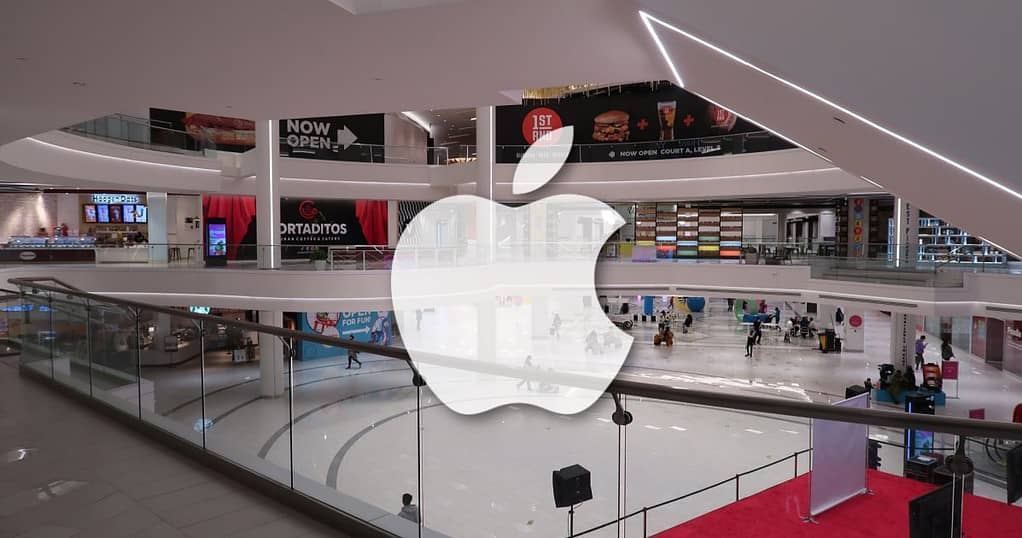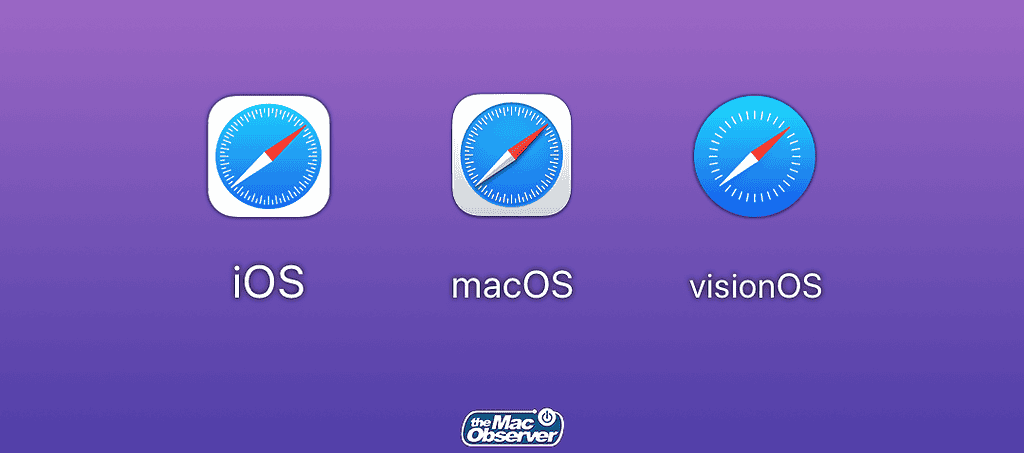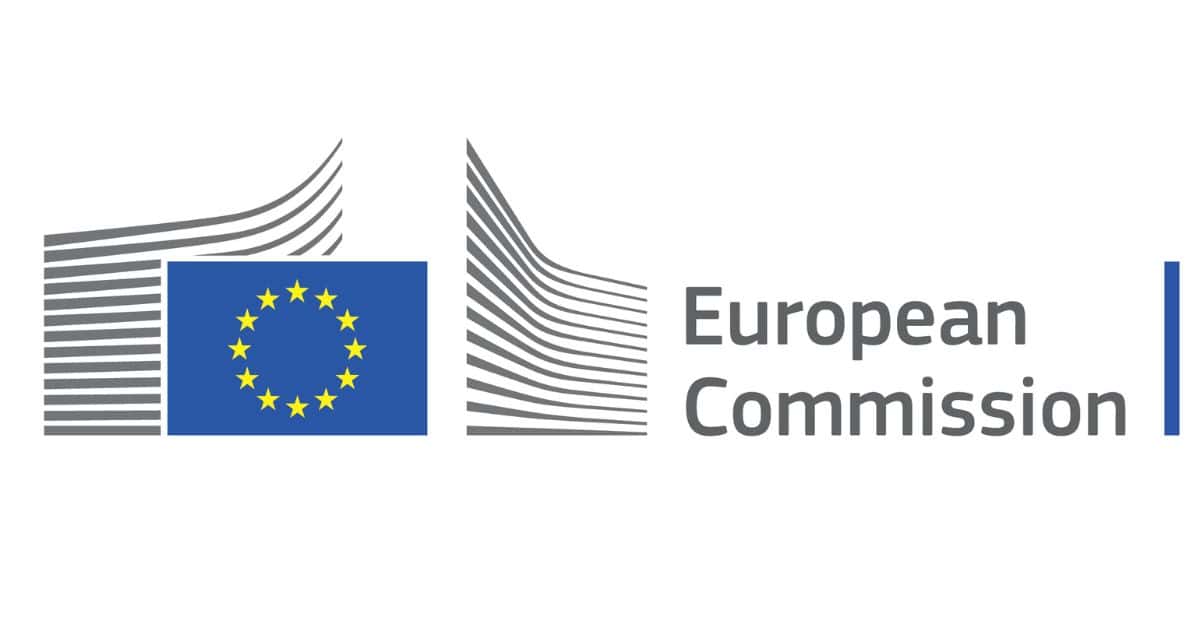The EU has long pushed back against Apple’s closed ecosystem. One of its biggest moves was forcing Apple to allow app installations from outside the App Store, i.e., alternative marketplaces. But as you can imagine, that change wasn’t enough. The organization launched a formal investigation and is cracking down on Apple (along with Meta and Alphabet) for non-compliance with the DMA.
As an Apple fanboy, I’ve been following the story closely. There’s a lot to unpack in the situation, but honestly, my biggest takeaway is that the penalty feels hollow. I’ll bring you up to speed on everything you need to know.
The EU Launched an Investigation, Not a Crackdown

The Digital Markets Act (DMA) is the EU’s most aggressive tech regulation to date. It targets “gatekeepers” like Apple, Meta, and Alphabet. According to the EU, these companies have entrenched market power and use it to lock users in. Under the DMA, gatekeepers have to open up their platforms in ways they never have before: allowing alternative app stores, giving users more browser choices, and supporting third-party payment systems.
The rules became enforceable on March 7, 2024. Just over a year later, on March 25, 2025, the EU opened a formal investigation into all three companies for suspected non-compliance.
Apple is under scrutiny for three main things:
- Its restrictive rules for alternative marketplaces.
- The Core Technology Fee discourages developers from using them.
- Its continued limitations around in-app payments and browser engines.
You’ll notice that these complaints are very specific. The Commission named each one in its announcement. And yet, despite having the power to fine Apple up to 10% of global revenue, the EU hasn’t issued a single penalty. Instead, Apple’s been asked to clarify its policies and make adjustments. That’s not a crackdown. It’s a delay.
What Apple Actually Changed Under the DMA
To meet the EU’s Digital Markets Act requirements, Apple rolled out several changes in iOS 17.4 for users in the European Union. They technically comply with the DMA, but the implementation has drawn criticism for being overly complex or restrictive. Basically, Apple still makes it very inconvenient to exit the ecosystem.
1. Alternative App Marketplaces

Apple now allows iPhone users in the EU to install apps from third-party marketplaces, not just the App Store. However, developers must apply for eligibility, and approved marketplaces have to meet strict criteria around fraud prevention, customer service, and experience.
Users also have to manually approve marketplace installations in Settings, and iOS presents multiple warning screens during the process. While this feature meets the DMA’s requirement for alternative distribution, the friction may discourage casual users from switching.
2. Core Technology Fee
In addition to standard App Store fees, Apple introduced a new Core Technology Fee (CTF) for apps downloaded through third-party marketplaces. The fee is €0.50 for every annual install after 1 million downloads, regardless of whether the app is free or paid.
Critics argue this disincentivizes developers from using alternative stores since they still end up paying Apple. The company says the fee covers the cost of essential technologies like APIs and developer tools.
3. Browser Engine Choice

Previously, all iOS browsers were required to use Apple’s WebKit engine. Under the DMA, Apple has lifted that restriction, but only in the EU. Developers can now use their own browser engines but must request entitlements from Apple and meet new security and performance benchmarks.
Although significant on paper, early feedback suggests the approval process may be slow or selective. I think there’s still limited practical impact for developers.
4. Third-Party Payment Options

Apple now permits apps distributed in the EU to use third-party payment systems or link out to external payment pages. Apps that do so are subject to new terms and must display Apple-designed warnings about the risks of using non-App Store transactions.
While this adds more flexibility, Apple still charges a reduced commission, either 10 or 17 percent, for apps using alternative payment methods. That means developers save slightly, but Apple continues to profit from off-platform sales.
Why the DMA Still Matters Globally
The DMA only applies to the EU, but its influence goes far beyond Europe. Regulators in Japan, South Korea, and the United States are closely watching how strongly the EU enforces the law. Japan’s own App Store regulation is set to take effect this year, and the U.S. Open App Markets Act, although stalled, mirrors many DMA goals. A soft approach in Europe sends a clear message: these laws can be watered down through delay and complexity.
Apple’s region-specific changes also raise a bigger issue. Right now, alternative app stores, third-party payment options, and non-WebKit browsers are only available in the EU. Everywhere else (including the U.S.) the App Store remains tightly controlled. Unless other governments act, Apple has no reason to expand these freedoms globally. In that sense, the EU’s actions set the standard. What it does (or doesn’t do) has ripple effects across the rest of the world.
